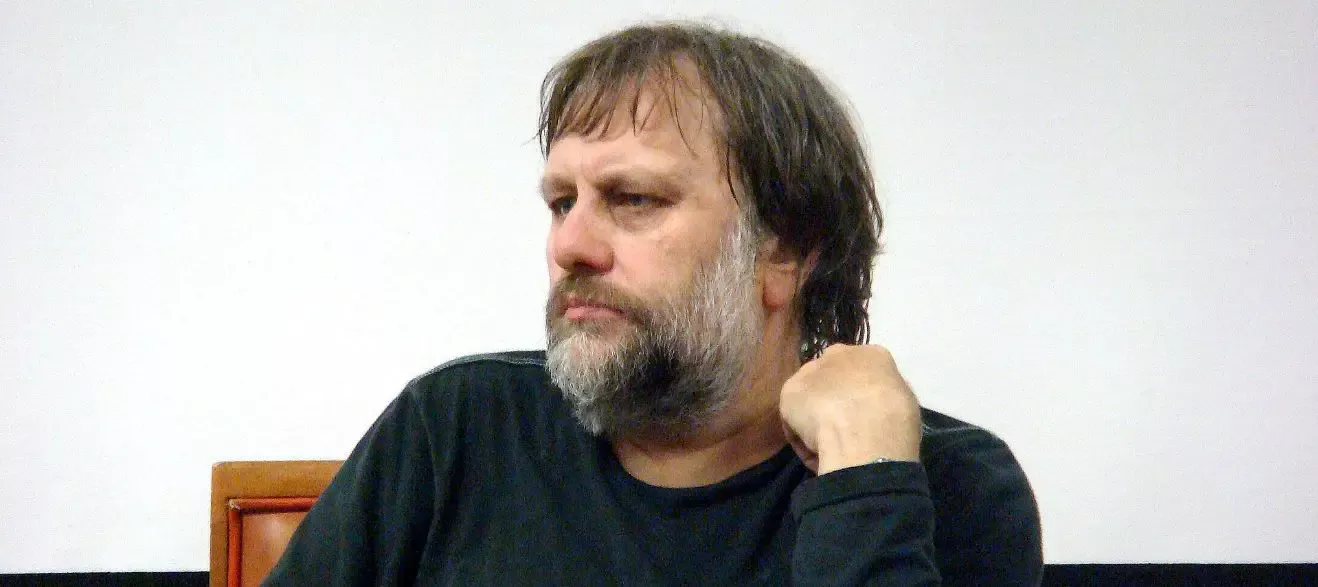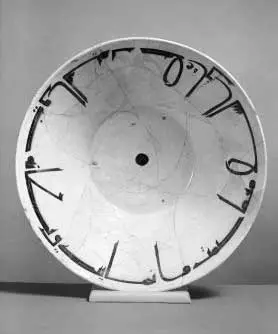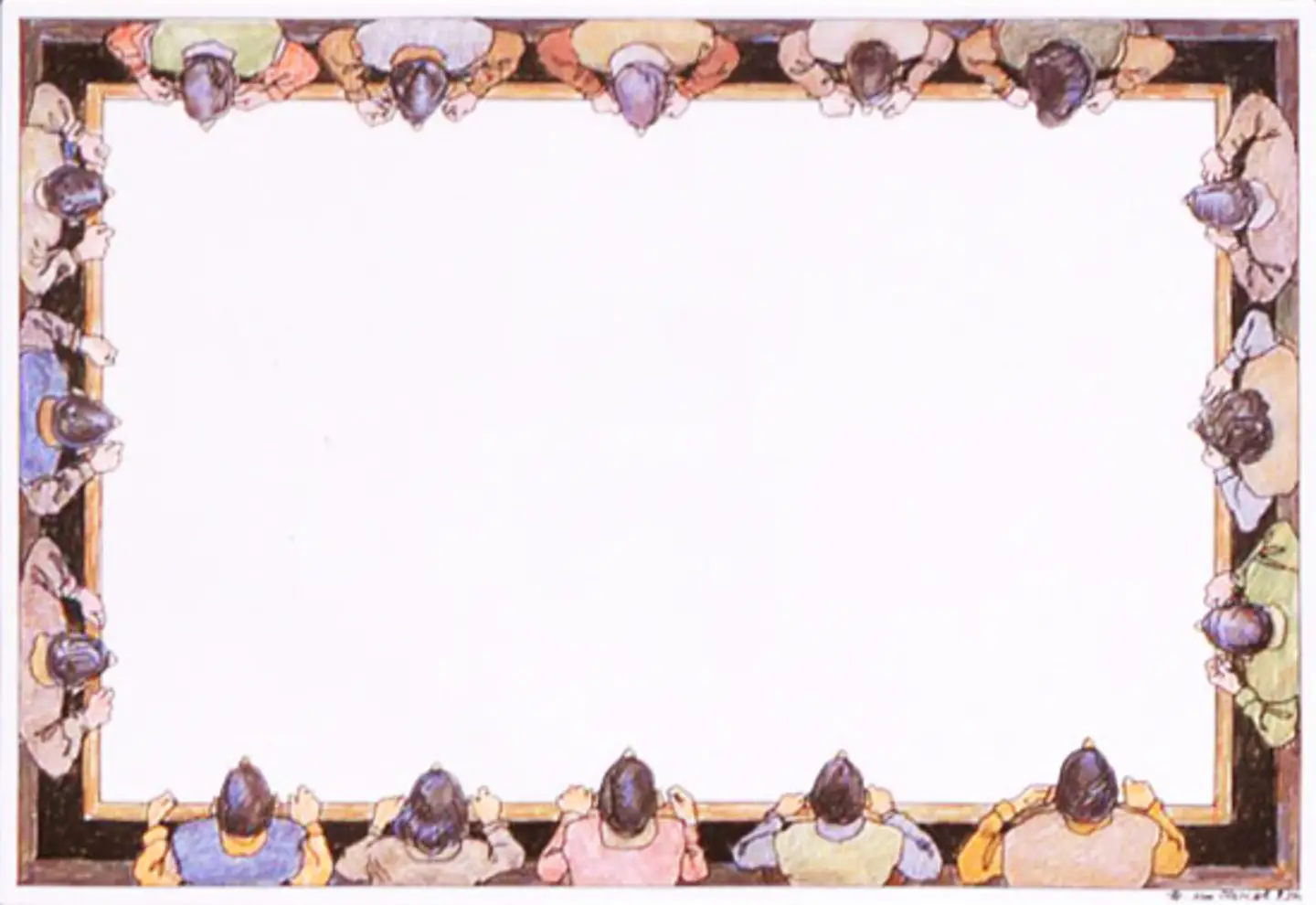[Transcript by Thomas Matthews below video.] Difficult to follow, I hope you hear me, glad to be here, glad to be with Alain. Of course in this 20 minute form it’s just a little bit too little time to really develop a line of thought- all one can do is more trace, define positions, oppositions,… Continue reading Is Lacan An Anti-Philosopher? (2/3 – Slavoj Žižek) + transcript
Tag: truth
Disorder under the heaven
Late in his life, Freud asked the famous question “Was will das Weib?”, “What does a woman want?”, admitting his perplexity when faced with the enigma of the feminine sexuality. A similar perplexity arouses today, apropos the Brexit referendum: what does Europe want? The true stakes of this referendum become clear if we locate it… Continue reading Disorder under the heaven
Beneath the Veil: On the Truth of Islam
What is Islam – this disturbing, radical excess that represents the East to the West, and the West to the East? Let me begin with the relationship of Islam to Judaism and Christianity, the two other religions of the book. As the religion of genealogy, of the succession of generations, Judaism is the patriarchal religion… Continue reading Beneath the Veil: On the Truth of Islam
The power of the woman and the truth of Islam
What is Islam – this disturbing, radical excess that represents the East to the West, and the West to the East? Let me begin with the relationship of Islam to Judaism and Christianity, the two other religions of the book. As the religion of genealogy, of the succession of generations, Judaism is the patriarchal religion… Continue reading The power of the woman and the truth of Islam
Hegel versus Heidegger
One of the standard critiques of Hegel, first formulated already by the “young Hegelians,” concerns the apparent contradiction between Hegel’s dialectical method and his system. While Hegel’s method approaches reality in its dynamic development, discerning in every determinate form the seeds of its own destruction and self-overcoming, his system endeavors to render the totality of… Continue reading Hegel versus Heidegger
The truth shall set you free, but not this truth
As the drama surrounding Julian Assange escalates, it is worth momentarily distinguishing WikiLeaks from its mercurial founder, and instead asking what WikiLeaks itself means today. Thus far, the story has been cast as a struggle between WikiLeaks and the United States empire. The central issue, then, is whether the publishing of confidential state documents is… Continue reading The truth shall set you free, but not this truth
Good Manners in the Age of WikiLeaks
In one of the diplomatic cables released by WikiLeaks Putin and Medvedev are compared to Batman and Robin. It’s a useful analogy: isn’t Julian Assange, WikiLeaks’s organiser, a real-life counterpart to the Joker in Christopher Nolan’s [amazon asin=B001XUPF2O&text=The Dark Knight]? In the film, the district attorney, Harvey Dent, an obsessive vigilante who is corrupted and… Continue reading Good Manners in the Age of WikiLeaks
Language, Violence and Non-Violence
[Appeared in 2008, International Journal of Zizek Studies, Vol. 2, No. 3, pp. 1-12 (pdf)] In his “Critique of Violence,” Walter Benjamin raises the question: “Is any non-violent resolution of conflict possible?”(243) His answer is that such a non-violent resolution of conflict is indeed possible in what he calls “relationships among private persons,” in courtesy,… Continue reading Language, Violence and Non-Violence
The Prospects of Radical Politics Today
I. Introduction Today, in the time of continuous swift changes, from the “digital revolution” to the retreat of old social forms, thought is more than ever exposed to the temptation of “losing its nerve”, of precociously abandoning the old conceptual coordinates. The media bombard us with the need to abandon the “old paradigms”: if we… Continue reading The Prospects of Radical Politics Today





